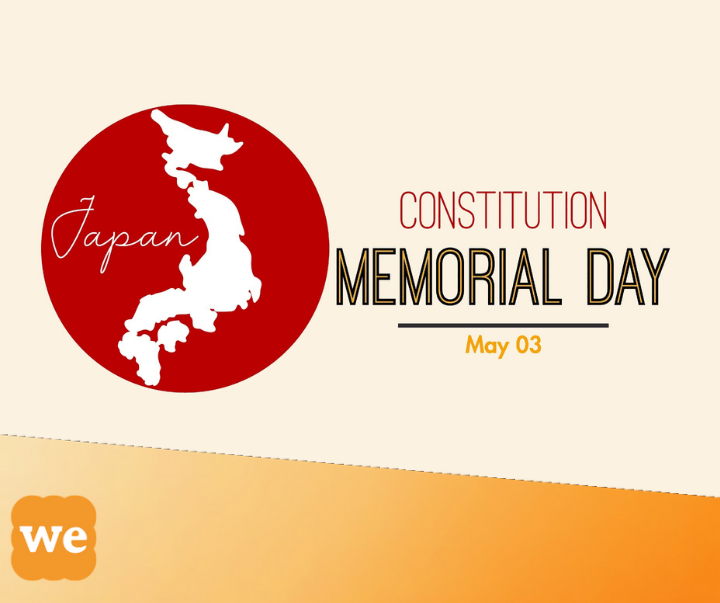
In Japan, May the 3rd is the “Constitution Memorial Day”, in Japanese 憲法記念日・Kenpō kinenbi. It’s one of the Japanese national holidays which makes the famous Golden Week.
Let’s take a closer look at the Japanese Constitution in this article!
Which Was The First Constitution in Japan?
Japan had a Confucianism-based law until the 19th century. That's when the Western explorers started to travel to Japan, forcing the country to open to their cultures and traditions.
The first Japanese constitution was the Meiji one. This era started in 1868 with the restoration of the imperial power, known as the Meiji Restoration. Japan was divided into 47 administrative regions, and Tokyo became the new capital of the country. It ended with the death of the Meiji Emperor in 1912.
It was an era of great changes in Japan, including the promulgation of the first Japanese Constitution in 1889.
The Effective Japanese Constitution
After WWII, Japan got the actual Constitution in 1947, during the Allied occupation. In Japanese, it’s called 日本国憲法 - Nihon koku kenpou.
It’s the most enduring Constitution in the world, unchanged for more than 70 years.
The purpose of this document was to promote democracy and modernization in Japan, following western traditions.
The main points in this purpose were:
- reshaping the Emperor’s power;
- promoting pacifism;
- defense of the human rights;
- equality for all citizens.
What Were The Main Changes In The Constitution?
As you may know, the first point was the main change for the Japanese people. You can read it in the first article of the Constitution, as follows:
「天皇(てんのう)は、日本国(にほんこく)の象徴(しょうちょう)であり日本国民統合(にほんこくみんとうごう)の象徴であって、この地位(ちい)は、主権(しゅけん)の存じる(ぞんじる)日本国民(にほんこくみん)の総意(そうい)に基く」
"The Emperor shall be the symbol of the State and of the unity of the People, deriving his position from the will of the people with whom resides sovereign power".
Constitution of Japan, article 1
Furthermore, the epoch-making constitution declared that Japan would no longer participate in wars nor have a military force. This is stated in the second article.
Finally, the introduction of the 14th article, promoting equality for all citizens and fundamental human rights, was also a big change in Japanese law. Minor ethnic minorities, such as Chinese, Coreans, and women, enjoyed that change.
Hope you enjoyed this glimpse into Japanese law!


